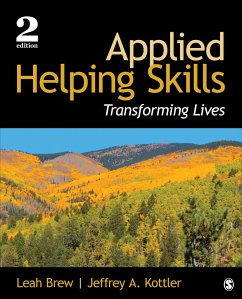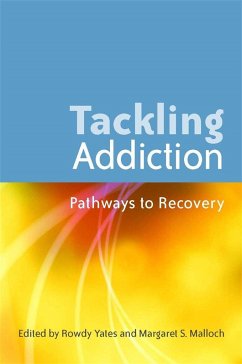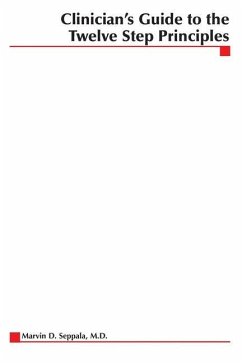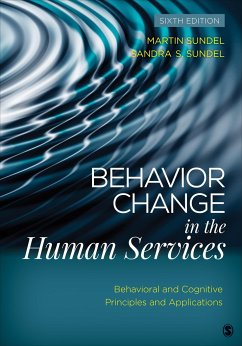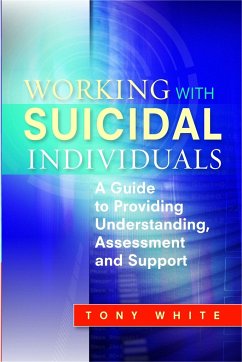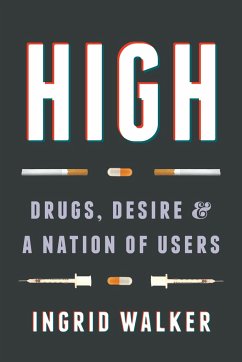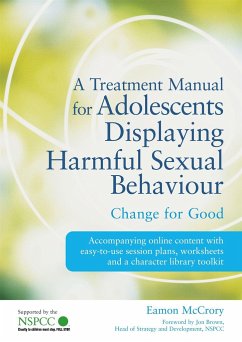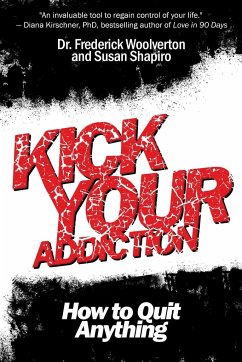Nicht lieferbar
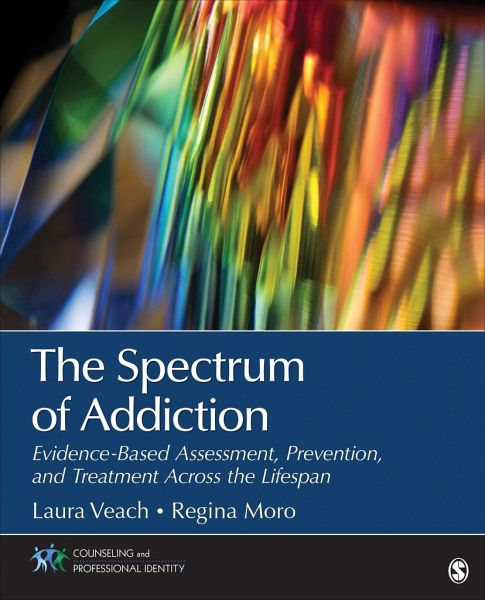
The Spectrum of Addiction
Evidence-Based Assessment, Prevention, and Treatment Across the Lifespan
Versandkostenfrei!
Nicht lieferbar




This book presents a comprehensive overview of addictive behaviors and habits from early use through risky use, severe-risk use, and addiction.
Laura J. Veach, Ph.D., Professor in the Departments of Surgery and Psychiatry/Behavioral Medicine at Wake Forest School of Medicine in Winston-Salem, NC is licensed in NC as a professional counselor (LPC), a clinical addiction specialist (LCAS), and is a certified clinical supervisor (CCS). Dr. Veach has her Ph.D. in Counselor Education & Supervision from the University of New Orleans. She serves as the Wake Forest Baptist Health Director of Counselor Training in Acute Care Services: Surgery/Trauma/Burns/Medicine and Specialized Screening and Intervention research and trauma-informed counseling with over 35 years of work in counseling and supervision, especially in counseling individuals impacted by substance use disorders. In August 2007 she pioneered alcohol screening and brief counseling intervention services, research, and counselor training at Wake Forest Baptist Medical Level I Trauma Center. She served as Co-Principal Investigator for a Robert Wood Johnson Foundation Grant examining alcohol screening and brief counseling interventions in a prospective clinical trial comparing two counseling interventions. Recently, she received funding from the Childress Institute for Pediatric Trauma as Principal Investigator to conduct ATV safety interventions with pediatric trauma patients and also completed violence intervention research with violently injured youth in hospital trauma centers at Wake Forest and Carolinas Medical Center. In addition, she is a key care manager for an NIH-funded multicenter pragmatic trial examining intensive PTSD interventions in hospitalized trauma patients. She specializes in counseling individuals with addictive and substance-related use disorders, trauma-informed counseling in medical and integrated care settings, behavioral health consulting, and has over 20 publications. She has over 35 years of clinical, management, and start-up experience in counseling settings. In previous counselor education tenured faculty appointments at Wake Forest University and University of North Carolina at Charlotte and in previous behavioral health administration work she created innovative counselor training, addiction treatment programs and managed care services. Dr. Veach served as the 2006 President of the International Association of Addictions and Offender Counseling (IAAOC). She was awarded the IAAOC Counselor Educator Award in March 2007, the Graduate Faculty Award for Excellence in Teaching at Wake Forest University May 2007, and the national ACA Advocacy Award March 2008. She cherishes spending time with her devoted partner, George, and amazing daughter, Alana, as we enjoy our shared vintage auto racing and travel pursuits in the U.S.
Produktdetails
- Verlag: Sage Publications
- Seitenzahl: 360
- Erscheinungstermin: 24. November 2017
- Englisch
- Abmessung: 231mm x 185mm x 13mm
- Gewicht: 544g
- ISBN-13: 9781483364834
- ISBN-10: 1483364836
- Artikelnr.: 48136445
Herstellerkennzeichnung
Libri GmbH
Europaallee 1
36244 Bad Hersfeld
gpsr@libri.de
Für dieses Produkt wurde noch keine Bewertung abgegeben. Wir würden uns sehr freuen, wenn du die erste Bewertung schreibst!
Eine Bewertung schreiben
Eine Bewertung schreiben
Andere Kunden interessierten sich für




